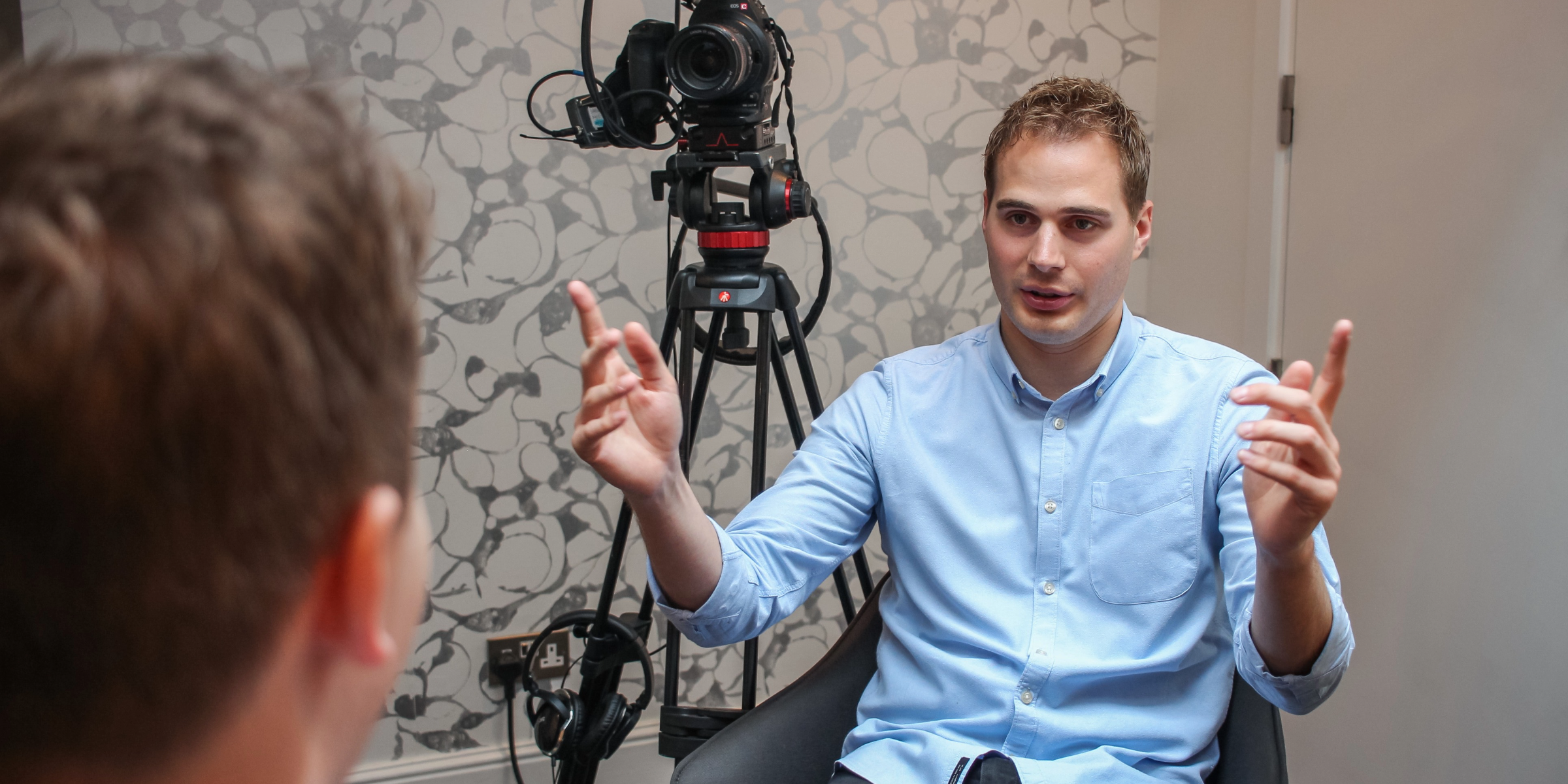Number 10’s recent decision to order senior journalists, from some of the UK’s major news organisations, to leave Downing Street, before a briefing for selected correspondents on Boris Johnson’s Brexit plans, prompted a media walkout. It also raises the question of how far PR can and should be allowed to influence journalism.
Selected journalists were invited to Number 10 for a briefing from officials, but correspondents from organisations who were not on Downing Street’s hand-picked list also tried to get in. According to those present, when political correspondents arrived inside Number 10, they were asked their names and told to stand either side of a rug. Then Downing Street’s Director of Communications, Lee Cain, invited those on one side to enter and told those on the other to leave.
The organisations which were invited to the briefing, included the BBC, Sky, Guardian, ITV, The Sun, The Daily Mail and The Times. Reporters from The Mirror, the I, HuffPost, PoliticsHome and the Independent were among the journalists excluded.
When his actions were questioned, Cain told reporters: ‘We are welcome to brief whoever we want whenever we want.’ In protest, and with rallying cries about freedom of the press, all the journalists present chose to walk out rather than receive the briefing.
The journalists excluded included outlets viewed as left-wing or critical of the Government, but, crucially, the briefing was due to involve senior civil servants – who are politically impartial. It’s one thing for a political party (or a brand) to choose who it speaks too, but that’s censorship when the briefing involves apolitical civil servants.
Trump style PR
In the United States it seems the opposite is happening. Press secretary Sarah Huckabee Sanders held only a few briefings in 2019 and the void once occupied by Trump’s press team is, in fact, being filled by Trump himself. As Huckabee-Sanders says: “President Trump is more accessible than most modern presidents and frequently takes questions from the press.”
So accessible is Trump in fact that he often answers shouted questions at so-called pool sprays, in which a small group of rotating reporters is given access to events such as bill signings and Cabinet lunches. He’ll even respond to questions on the White House lawn as he arrives at and departs the White House.
Trust has always been a big issue in politics.
In a recent survey by Edelman’s Trust Barometer, in which people were asked which sort of organisations they trusted, the government came third, with just under half (42%) claiming they trust our policiticans to do the right. Business and NGOs fared better, and the media fell behind in fourth place.
Trust must be earned and excluding any sectors of the press from covering a story is morally wrong and against the principle of freedom of the press. The internet and social media mean it’s sometimes difficult to distinguish real news from fake news.
If trust is the issue, politicians and the government want to make sure they get their news out in a good light. But attempting to exclude sectors of the press is the wrong way to do it. The internet and social media mean news and fake news are easily mixed up, so surely it’s better to have the frontline journalist at your press conference, making sure what is published or broadcast is the correct and relevant information.
This was a mistake on the part of 10 Downing Street, one we hope won’t be repeated again.
Need help with your own broadcast PR campaigns? Shout! Communications has many years of experience in creating positive public opinion for a whole host of varied brands and individuals. Email hello@shoutcommunications.co.uk or speak to one of the team on 020 7240 7373.



